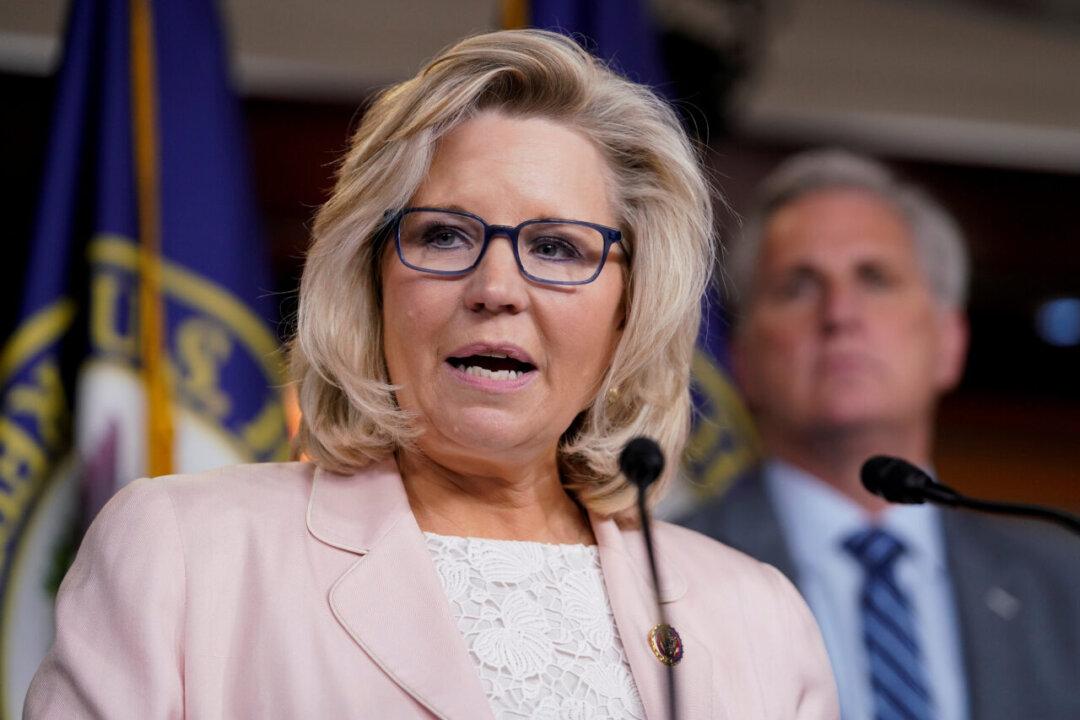A few Republicans Representatives have introduced legislation to rename the street outside of the Chinese Embassy in Washington in honor of the Wuhan doctor who died after trying to warn the world about the CCP virus, commonly known as the novel coronavirus.
Congresswoman Liz Cheney introduced a bill in the House this week to rename the street “Li Wenliang Plaza” and was joined by 14 of her Republican House Colleagues.





